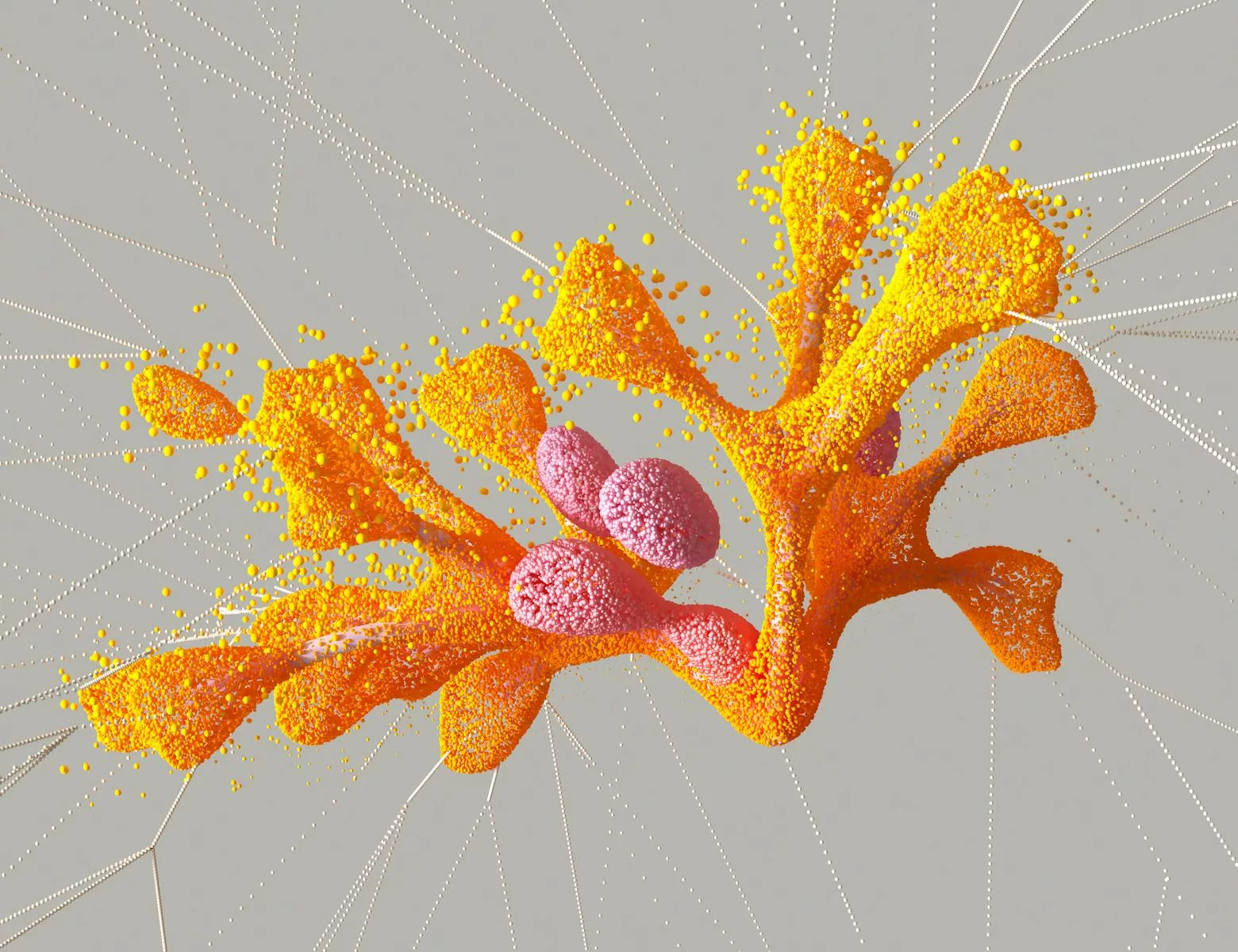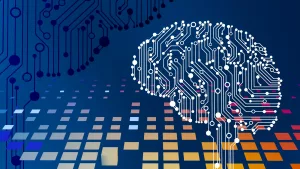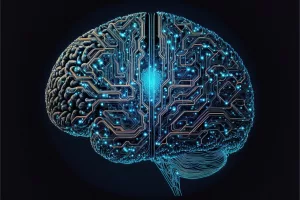Artificial intelligence (AI) is revolutionizing the medical field, transforming healthcare delivery, patient management, and disease diagnosis. With the integration of machine learning algorithms, big data analytics, and automation, AI is making healthcare more efficient, accurate, and personalized. From assisting in diagnostics to streamlining administrative tasks, AI is shaping the future of medicine in unprecedented ways. As AI continues to evolve, it is playing a crucial role in preventive healthcare, drug discovery, mental health support, and medical research, expanding its impact far beyond traditional applications.
AI’s potential extends into predictive medicine, where algorithms analyze vast amounts of patient data to foresee potential health risks before symptoms appear. The ability to predict outbreaks, analyze disease trends, and create real-time data-driven solutions is transforming global healthcare policies and interventions. The combination of AI with biotechnology and nanomedicine is further enhancing patient outcomes and treatment precision.
AI in Diagnostics
One of the most significant contributions of AI in medicine is its ability to enhance diagnostic accuracy. Machine learning algorithms can analyze medical images, such as X-rays, MRIs, and CT scans, with precision comparable to, or even exceeding, that of human radiologists. AI-powered tools help detect diseases such as cancer, heart conditions, and neurological disorders at an early stage, increasing the chances of successful treatment.
Additionally, AI-driven diagnostic platforms, such as IBM Watson and Google’s DeepMind, can process vast amounts of medical literature and patient data to assist doctors in making more informed decisions. By recognizing patterns in patient symptoms and medical histories, AI can suggest potential diagnoses, reducing the time needed for manual analysis and improving overall patient outcomes. Furthermore, AI-powered pathology tools are enhancing tissue sample analysis, helping detect abnormalities that might be overlooked by human professionals. AI-assisted genomic analysis is now capable of identifying rare genetic disorders, providing insights into personalized treatment plans that were previously unattainable.
Personalized Treatment Plans
AI plays a crucial role in developing customized treatment plans for patients. By analyzing genetic information, medical history, and lifestyle factors, AI can predict how a patient will respond to a particular treatment. This enables physicians to tailor therapies to individual patients, optimizing effectiveness and minimizing adverse effects. AI can also assist in identifying patients who may be at higher risk of developing certain conditions, allowing for early intervention and preventive measures.
For example, AI is being used in oncology to determine the most effective chemotherapy regimen based on a patient’s unique genetic profile. Similarly, AI-driven drug discovery is expediting the development of new treatments by predicting molecular interactions, significantly reducing research and development time. AI is also being integrated into regenerative medicine, aiding in stem cell research and tissue engineering to improve treatment options for degenerative diseases. AI is contributing to precision medicine initiatives, which seek to develop individualized treatment protocols that take into account genetic variability, environment, and lifestyle factors.
AI in Surgery
AI is also enhancing surgical procedures by providing real-time assistance to surgeons. Robotic-assisted surgery, such as the Da Vinci Surgical System, utilizes AI to improve precision and reduce the risk of human error. AI-driven surgical robots can analyze patient-specific data to provide recommendations and guide surgeons during complex procedures.
Moreover, AI-powered augmented reality (AR) systems are being used to overlay critical information onto a surgeon’s field of view, improving accuracy and efficiency in the operating room. These advancements are leading to less invasive procedures, reduced recovery times, and improved surgical outcomes for patients. In addition, AI-powered simulation platforms are enhancing the training of future surgeons, allowing them to practice intricate procedures in a risk-free environment before operating on real patients. AI is also enabling the development of fully autonomous robotic surgery, which has the potential to perform specific procedures with minimal human intervention.
AI in Patient Monitoring and Management
AI-driven wearables and remote monitoring devices are transforming patient care by continuously tracking vital signs and detecting anomalies in real time. Devices equipped with AI can alert healthcare providers to potential health issues before they become critical, allowing for early intervention. This has been particularly beneficial for elderly patients and those with chronic illnesses who require continuous monitoring.
For patients with chronic conditions such as diabetes or cardiovascular disease, AI-powered monitoring systems can analyze trends in vital signs and adjust treatment recommendations accordingly. This not only enhances patient care but also reduces the burden on healthcare facilities by minimizing unnecessary hospital visits. AI is also playing a role in mental health, with chatbots and virtual assistants offering cognitive behavioral therapy and early symptom detection for conditions like depression and anxiety. AI is also being integrated into home healthcare solutions, allowing for real-time physician consultations through virtual platforms and reducing reliance on hospital-based care.
AI in Administrative Tasks
AI is streamlining administrative processes in healthcare, improving efficiency and reducing costs. Automated systems powered by natural language processing (NLP) can handle tasks such as medical transcription, appointment scheduling, and insurance claims processing, freeing up valuable time for healthcare professionals to focus on patient care.
Additionally, AI-driven chatbots and virtual assistants are improving patient engagement by answering common medical queries, providing medication reminders, and guiding patients through pre- and post-treatment care. These tools enhance communication between patients and healthcare providers while reducing workload on medical staff. AI-powered predictive analytics are also being used in hospital resource management, helping to optimize bed occupancy, staffing schedules, and supply chain logistics. AI is also enabling predictive modeling in public health, allowing hospitals and governments to anticipate surges in healthcare demand and respond accordingly.
AI in Drug Discovery and Research
The use of AI in drug discovery is revolutionizing pharmaceutical research by significantly reducing the time and cost associated with developing new treatments. AI can analyze massive datasets to identify potential drug candidates, predict their effectiveness, and optimize chemical compounds to enhance their therapeutic properties. This has been especially valuable in the fight against emerging infectious diseases, such as COVID-19, where AI played a key role in vaccine development.
AI is also improving clinical trials by identifying the most suitable candidates, monitoring patient responses in real time, and adjusting protocols to improve efficacy. Researchers are leveraging AI to uncover novel uses for existing medications, leading to repurposed drugs that can treat previously untreatable conditions. AI is expected to accelerate the development of vaccines and therapies for diseases that currently lack effective treatments.
Ethical Considerations and Challenges
Despite its numerous benefits, the integration of AI in medicine comes with ethical and regulatory challenges. Issues such as data privacy, algorithm bias, and the need for human oversight must be carefully addressed to ensure safe and effective AI deployment in healthcare.
Ensuring transparency in AI decision-making processes and maintaining patient trust are essential. Regulatory bodies are working to establish guidelines for the ethical use of AI in healthcare, ensuring that AI-driven decisions align with medical best practices and patient welfare. Additionally, there is an ongoing debate about the role of AI in medical liability—who should be held accountable in the event of an AI-related error? The question of AI replacing human jobs in medicine also raises ethical concerns regarding employment and the doctor-patient relationship.
Conclusion
AI is reshaping the medical landscape, offering groundbreaking advancements in diagnostics, treatment planning, surgery, patient monitoring, administrative tasks, and drug discovery. As AI continues to evolve, its integration into healthcare will further improve efficiency, accuracy, and patient outcomes. However, ethical considerations and regulatory measures must be prioritized to ensure that AI serves as a beneficial tool rather than a replacement for human expertise. The future of medicine lies in a collaborative approach where AI and healthcare professionals work together to deliver optimal patient care.




